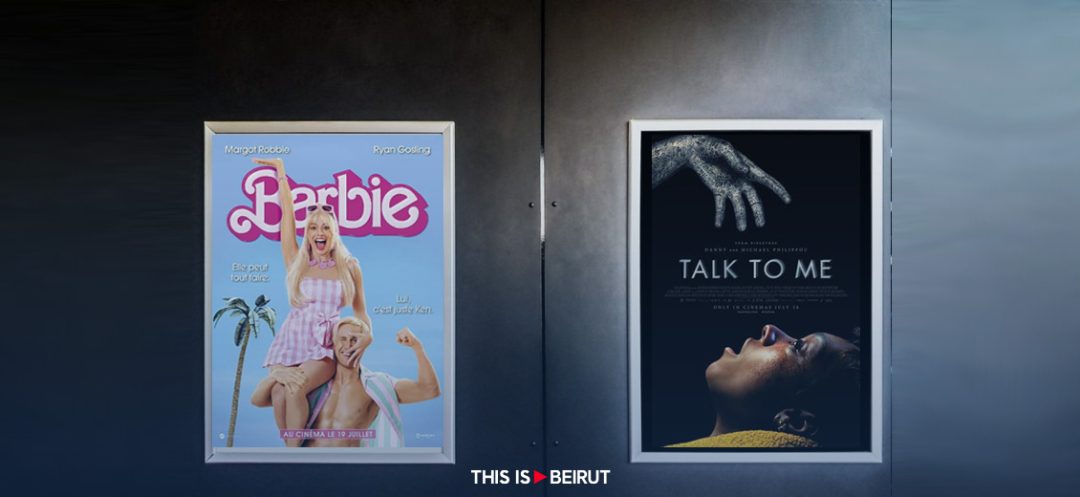Listen to the article
The reason cited by the committee is the “violation of public morals, public order, and traditions” of Kuwaiti society. The committee has close ties to the country’s Ministry of Information and firmly prohibits anything that may be considered to be introducing foreign ideas into Kuwaiti society or anything potentially disruptive to national values.
According to the information provided, authorities had requested the “removal of certain obscene scenes encouraging unacceptable behavior,” without specifying the passages in question, before arriving at their final decision. It appears that these requests were not met, thus leading to the formal ban.
The Barbie film, having grossed over a billion dollars at the global box office, now faces Kuwaiti censorship that will henceforth apply to “any film that violates the values and traditions” of Kuwaiti society, stressed the head of the censorship committee.
Moreover, last Wednesday, Lebanon, one of the most liberal countries in the Middle East, also called for the ban of Barbie, stating that the film was “promoting homosexuality.” This decision is part of a growing anti-LGBT+ rhetoric in the region.
As for the film Talk to Me, Kuwait’s main distributor announced the authorities’ ban on Monday. The Australian horror film starring Zoé Terakes, a transgender actor who identifies as non-binary, contains no explicit reference to the LGBT+ movement. Zoé Terakes, however, described the decision as “dehumanizing” and “targeted” on social media.
The situation is contrasted elsewhere in the Gulf, with Barbie and Talk to Me currently showing in Saudi Arabia and the United Arab Emirates, though these two countries had previously banned films containing LGBT+ references, such as the animated Spider-Man film last June, due to a scene that, according to them, featured a transgender flag.
Finally, it should be noted that Barbie is still not showing in Qatar, which has not yet made an official announcement on this subject.
This series of decisions highlights growing tensions in the Middle East around the increasing visibility of gay and transgender people in Hollywood and reflects a certain discomfort with the introduction of themes and ideas that may be at odds with the traditional and cultural values of the region. It also raises the question of the role of cinema and media in general in shaping social and moral norms in a globalized context.
With AFP







